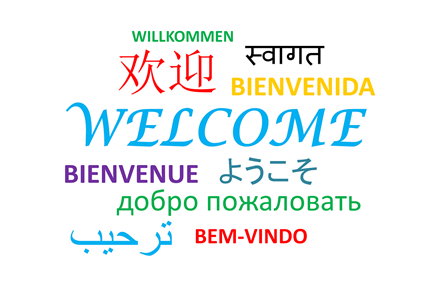Ethnic forces in diplomacy
In her new book, Asst Prof Zhou Taomo of NTU’s School of Humanities outlines the impact of Chinese migrants on the political development of Indonesia after Word War II.

The period between the end of World War II in 1945 and the late 1960s was important in the socio-political histories and interrelations of the People’s Republic of China and the Republic of Indonesia.
Studying newly declassified documents from the Chinese Foreign Ministry Archives and oral history interviews, Asst Prof Zhou Taomo of NTU’s School of Humanities explored the role of Chinese migrants in Indonesia’s political development and its changing relations with China during the era of the Cold War.
Investigating the personal life experiences of Chinese Indonesians and their responses to the developing events of the Cold War—and related questions of citizenship, national identity and political loyalty—she outlines how civic activism on their part had a strong impact on the development of governmental relations between China and Indonesia after World War II.
magazine Foreign Affairs. The book received an Honourable Mention for the Henry J. Benda Prize from the Association for Asian Studies, and media attention from The New York Review of Books, The South China Morning Post, and The Jakarta Post.
The article appeared first in NTU's research & innovation magazine Pushing Frontiers (issue #19, February 2021).


.tmb-listing.jpg?Culture=en&sfvrsn=6c7b6f1f_1)
.tmb-listing.jpg?Culture=en&sfvrsn=ab6472c8_1)

.tmb-listing.jpg?Culture=en&sfvrsn=ffaf2aec_1)
5872e661-3cf5-41b6-abee-8d297a83209c.tmb-listing.jpg?Culture=en&sfvrsn=61d1c8d7_1)
